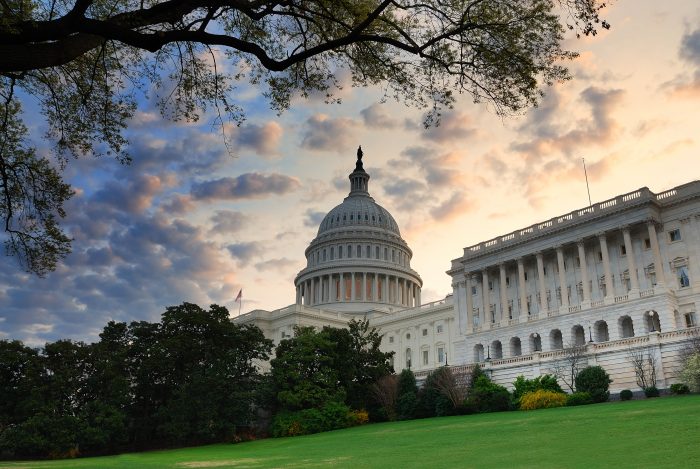Providers are reminded of the requirement to report the use of American Rescue Plan Act of 2021 (ARPA) funding. The Department of Human Services (DHS) Office of Long-Term Living (OLTL) requires providers who received supplemental funding from the ARPA to report on their use of the funding by Friday, May 30, 2025. Reporting on the use of ARPA funding is critical to ensure compliance with federal requirements as the 2026 spending deadlines approach for the 10% enhanced Federal Medical Assistance Percentage (FMAP) funds for Home and Community-Based Services (HCBS) and State and Local Fiscal Recovery Funds. ARPA funding disbursements subject to this reporting requirement include the initiatives listed below. Please note that you may have reported on the use of ARPA funding received in 2021, including Act 2021–24 and Strengthening the Direct Care Workforce payments; this reporting is in addition to previously reported initiatives.
- Home and Community-Based Services (HCBS) Quality Improvement Funding
- Authorized in May 2022
- Available to HCBS providers
- Funded by 10% enhanced FMAP funding for HCBS
- Eligible uses include activities and expenses that expand, enhance, or strengthen HCBS, as outlined in the notice of the funding opportunity as well as the reminder notice
- Act 2022-54 COVID-19 Relief Funding
- Authorized in July 2022
- Available to nursing facilities, personal care homes, assisted living residences, adult daily living, residential habilitation, Living Independence for the Elderly (LIFE), and personal assistance service providers
- Funded by the State and Local Fiscal Recovery Fund
- Eligible uses include COVID-19 related costs not otherwise reimbursed by federal, state, or other funding
To complete a report, please log in to the ARPA Funding Portal, select the appropriate funding type, and then select “Create a New Funding Report.” The portal will prompt users to select a provider name (for individuals authorized to submit reports for multiple facilities or locations) and the applicable reporting period. Upon selection, review the prepopulated information and complete all required fields in the form.
For additional instructions on completing a report, please refer to the ARPA Funding Reporting Portal Business Partner Guide. For questions about registration and user access, please refer to the ARPA Portal Registration Guide. OLTL has also published a Frequently Asked Questions document and a Summary of ARPA Funding online at Long-Term Care for Providers | Department of Human Services | Commonwealth of Pennsylvania.
Providers that received supplemental ARPA-funded payments must report to OLTL on their use of the funding so that the Commonwealth can produce documentation required by federal audits. Additionally, providers must retain detailed supporting documentation for the eligible use of supplemental ARPA-funded payments for a minimum of five (5) years from the payment date. Failure to submit a report may result in the recovery of funding through collection activities, audits, or legal action.
If you have questions regarding this message, please contact the Office of Long-Term Living via email.














